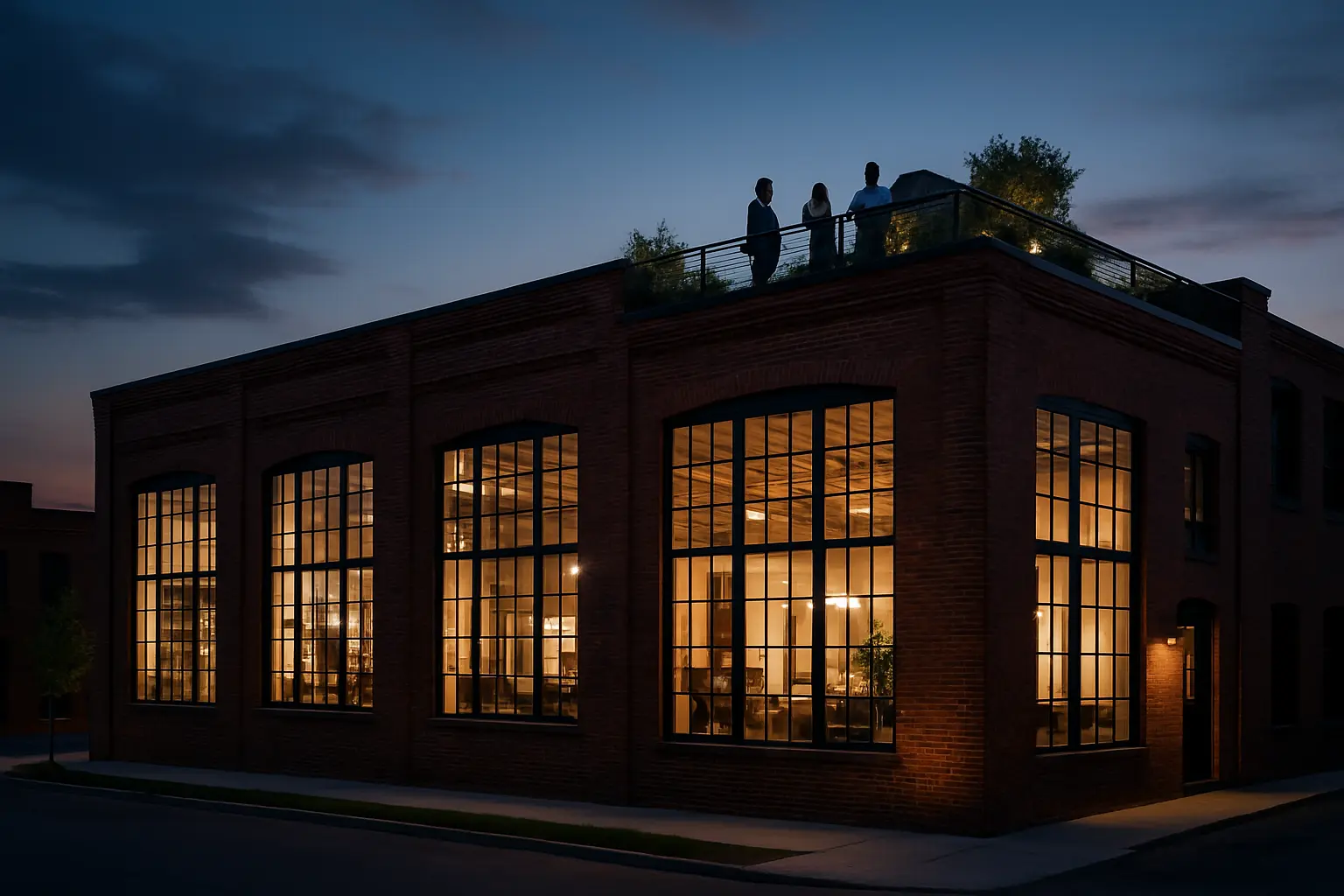From Warehouses to Dream Spaces: Greensboro's Commercial-to-Residential Revolution
Discover how savvy investors and homebuyers are transforming historic commercial properties into unique living spaces in the heart of North Carolina

The Growing Trend: Why Greensboro's Commercial Properties Are Becoming Hot Residential Opportunities
In the heart of North Carolina, Greensboro is experiencing a remarkable transformation as former commercial spaces find new life as residential havens. The city's rich industrial heritage, characterized by sturdy brick warehouses and historic commercial buildings, is providing the perfect canvas for innovative housing solutions.
What's driving this transformation?
- Rising demand for unique, character-filled living spaces
- Downtown revitalization initiatives
- Sustainable development practices
- Attractive tax incentives for historic preservation
Success Stories: Notable Commercial-to-Residential Conversions Reshaping Downtown Greensboro
The city's landscape is being redefined by several successful conversion projects that serve as inspiration for future developments.
The Mill District Residences
Once a textile manufacturing facility, this space now houses 45 luxury loft apartments while maintaining its industrial charm. Original brick walls, exposed beams, and soaring ceilings create an authentic atmosphere that residents cherish.
The Gateway Complex
A former tobacco warehouse transformed into mixed-use development featuring ground-floor retail and upper-level residential units. The project has become a blueprint for successful adaptive reuse.
"These buildings tell stories of our city's past while writing new chapters for its future," shares Sarah Martinez, local preservation architect.
Investment Potential: Understanding the Value and Challenges of Mixed-Use Properties
Key Benefits:
- Higher property values in revitalized areas
- Strong rental demand for unique living spaces
- Potential tax benefits and preservation grants
- Community development opportunities
Common Challenges:
- Complex zoning and permit requirements
- Higher initial renovation costs
- Environmental considerations
- Structural modifications needs
Expert Tips: How to Identify and Evaluate Commercial Properties with Residential Conversion Potential
Assessment Criteria
When evaluating properties for conversion, consider these essential factors:
- Structural integrity and building condition
- Location and neighborhood development patterns
- Historical significance and preservation requirements
- Natural light access and window configurations
- Parking availability and accessibility
Professional Guidance
Before embarking on a conversion project, experts recommend:
- Consulting with experienced architects and contractors
- Reviewing local zoning laws and building codes
- Conducting thorough environmental assessments
- Developing detailed cost analysis and timeline projections
The commercial-to-residential revolution in Greensboro represents more than just a real estate trend—it's a movement toward sustainable urban development that honors the past while building for the future. As more investors and homebuyers recognize the potential in these historic properties, the city continues to evolve, creating unique living spaces that combine character with modern comfort.


